|
TIFF opens this week with Michael Moore's Fahrenheit 11/9, followed by films on Steve Bannon, Roger Ailes and more Canada may be tiring of American politics, what with angst over renegotiation of Nafta among the conflicts with the Trump administration. But it's about to get a blast of political films from south of the border as the Toronto International Film Festival gets underway. TIFF opens Thursday with the world premiere of Michael Moore's highly-anticipated documentary Fahrenheit 11/9, his take on America in the age of Trump. The title, which refers to the day Trump was declared the winner of the 2016 presidential election, is a play on Moore's George W. Bush-era film Fahrenheit 9/11, still far and away the most successful documentary in movie history. "Michael Moore's strongest work has happened when a Republican has been in office," noted Thom Powers, TIFF's chief documentary programmer. "It raises the excitement level around what we're going to see from him, and I think that's true with this film." He showed [the GOP] the value of fear in politics. Errol Morris is heading from Venice to Toronto for the North American premiere of American Dharma, the acclaimed filmmaker's documentary on Steve Bannon, the former Trump campaign CEO and one-time chief White House strategist. "This very much continues a stream of Errol's work that includes The Fog of War and The Unknown Known, where he's really trying to unravel recent American history through the experience of someone who's played a key role in it," Powers tells Nonfictionfilm.com. "In the case of Steve Bannon, he's a character that a lot of people felt very dismissive of in 2016... but he's proven to be someone that can't be ignored and shouldn't be ignored and whose influence these days reaches beyond the United States as he's become an active strategist and consultant for right-wing movements in other countries." The late Roger Ailes, who played an outside role steering American politics rightward, is the subject of Divide and Conquer: The Story of Roger Ailes, from director Alexis Bloom. The film, which charts Ailes' inexorable rise to power and influence as the chairman of Fox News, holds its world premiere on Sunday (September 9). "It's like unpacking the life of a modern-day Citizen Kane, and I know that's an overused comparison, but he really was," Bloom told Nonfictionfilm.com. "You really could feel that importance. In many ways, [he remained] so obscure, so surprisingly obscure because he managed to keep this kind of ironclad secrecy about him." Ailes served as a media consultant to a succession of Republican presidents, from Nixon to Reagan and George W. Bush. "He knew how to appeal to people's baser instincts and to their fears," Bloom commented. "I don't think it's an overstatement to say he steered the Republican Party in some fundamental way. He showed them the value of fear in politics." Roger Ailes with Ronald and Nancy Reagan (left) in the 1980s and with Richard Nixon in the 1960s. Photos courtesy TIFF Documentary legend Frederick Wiseman trains his focus on a Midwestern red state with his latest film, Monrovia, Indiana. "In the aftershock of the 2016 election, coastal journalists had to reckon with being out of touch with red-state America. In his own way, Wiseman helps fill that void, by immersing us for a couple of months into a corner of the Midwest seldom depicted on film," Powers writes in the TIFF film guide. "He isn't tackling politics overtly, but he allows us to contemplate a region where farming, sports, and the Christian church are dominant factors in a mainly white community." Canadian filmmaker Astra Taylor takes a broader view of the idea of government by the people in her timely documentary What Is Democracy? "Peppered with observations from Plato, the film casts a wide net, ranging effortlessly through subjects as diverse as ancient Greece, the 1960s civil rights movements, and recent false claims about voter fraud," TIFF programmer Steve Gravestock writes in the film guide. "What is Democracy?'s cogent, persuasive analysis may be sobering, but it's also bracing: a philosophical call to arms to save something we hold dear yet, dangerously, take for granted." For an exploration of what can happen when Democratic aspirations degenerate into authoritarianism, TIFF offers two films on contemporary Russia. Putin’s Witnesses, directed by Vitaly Mansky, focuses on the current Kremlin chief, who snuffed out any Democratic leanings indulged in post-Soviet Russia. From Werner Herzog and André Singer comes Meeting Gorbachev, a film about the USSR's final leader, who held power when Putin was a mere KGB apparatchik. "I think Meeting Gorbachev makes a notable contrast to some of the other political films in that Gorbachev is someone that Herzog greatly admires," Powers commented. "Gorbachev as a politician is characterized by his grace, by his foresight and wisdom, his commitment to peace, and those are qualities that are sorely lacking when we look around at today's world leaders." There's even a nod to politics in the TIFF fiction lineup. Hugh Jackman plays former Democratic presidential contender Gary Hart in the TIFF special presentation screening of The Front Runner, directed by Jason Reitman. The film tells the story of Hart's 1988 campaign for president, "and his scandalous affair that derailed it."
The Toronto International Film Festival runs from September 6-16. For the full lineup, click here. |
AuthorMatthew Carey is a documentary filmmaker and journalist. His work has appeared on Deadline.com, CNN, CNN.com, TheWrap.com, NBCNews.com and in Documentary magazine. |
- Home
- News
- Videos
-
Galleries
- 2019 Tribeca Film Festival
- Full Frame Documentary Film Festival
- 2019 SXSW Film Festival
- SXSW 2018 Gallery
- 2019 Sundance Film Festival
- Outfest 2018 Photo Gallery
- Outfest 2017
- Sundance 2018 Photos
- 2017 LA Film Festival
- 2017 Cannes Film Festival
- Tribeca Film Festival 2017
- SXSW 2017 Gallery
- 2017 Berlin Film Festival
- Sundance 2017 Gallery
- 2016 Los Angeles Film Festival
- Cannes Film Festival 2016
- SXSW 2016 Gallery
- Berlinale 2016 Gallery
- Sundance 2016 Gallery
- Filmmaker Gallery
- About
- Contact
Proudly powered by Weebly
- Home
- News
- Videos
-
Galleries
- 2019 Tribeca Film Festival
- Full Frame Documentary Film Festival
- 2019 SXSW Film Festival
- SXSW 2018 Gallery
- 2019 Sundance Film Festival
- Outfest 2018 Photo Gallery
- Outfest 2017
- Sundance 2018 Photos
- 2017 LA Film Festival
- 2017 Cannes Film Festival
- Tribeca Film Festival 2017
- SXSW 2017 Gallery
- 2017 Berlin Film Festival
- Sundance 2017 Gallery
- 2016 Los Angeles Film Festival
- Cannes Film Festival 2016
- SXSW 2016 Gallery
- Berlinale 2016 Gallery
- Sundance 2016 Gallery
- Filmmaker Gallery
- About
- Contact

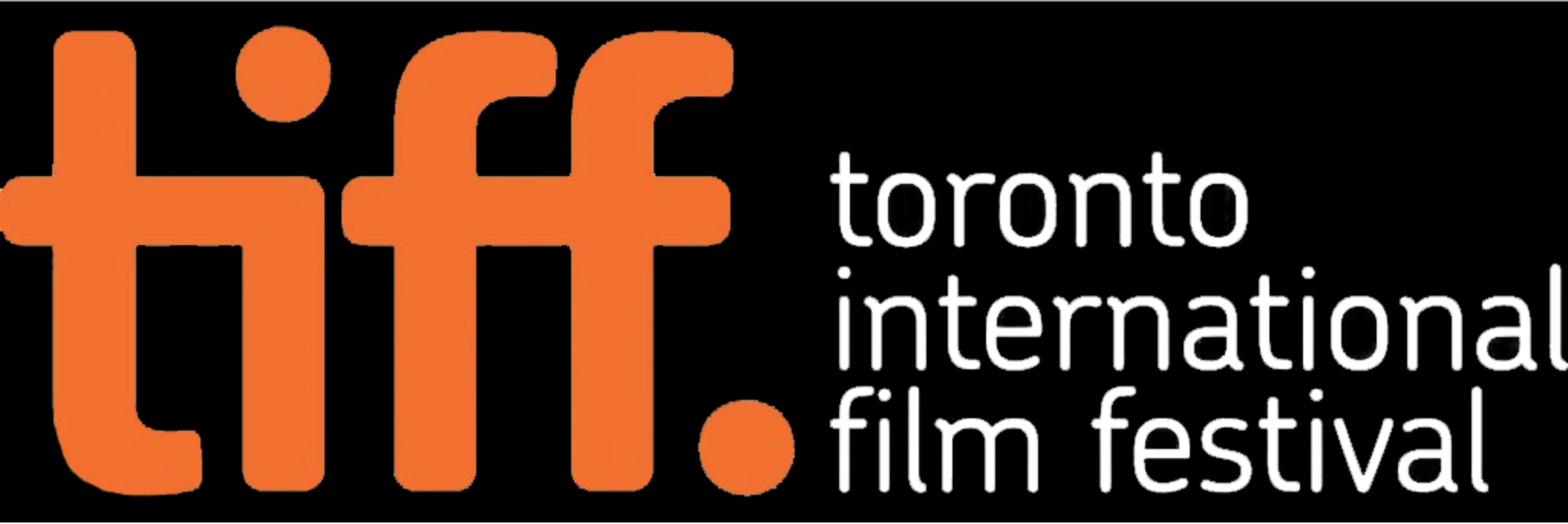
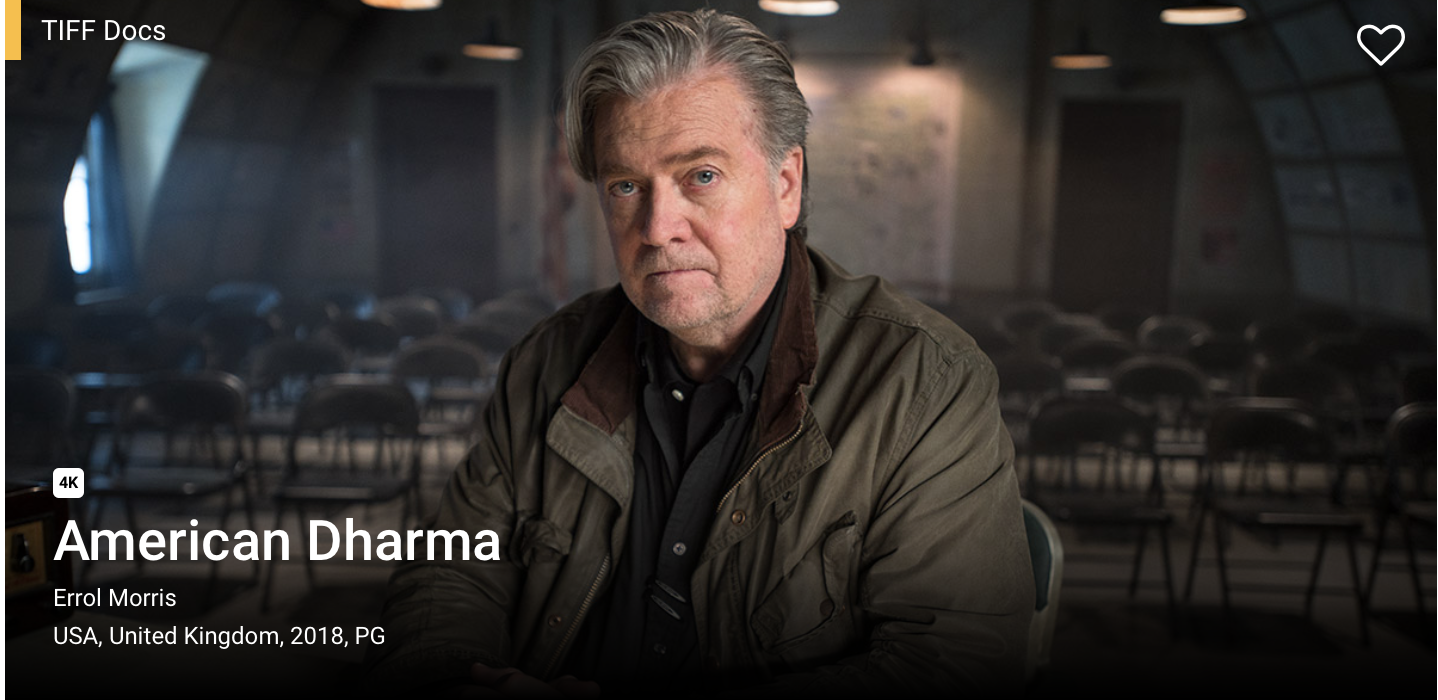
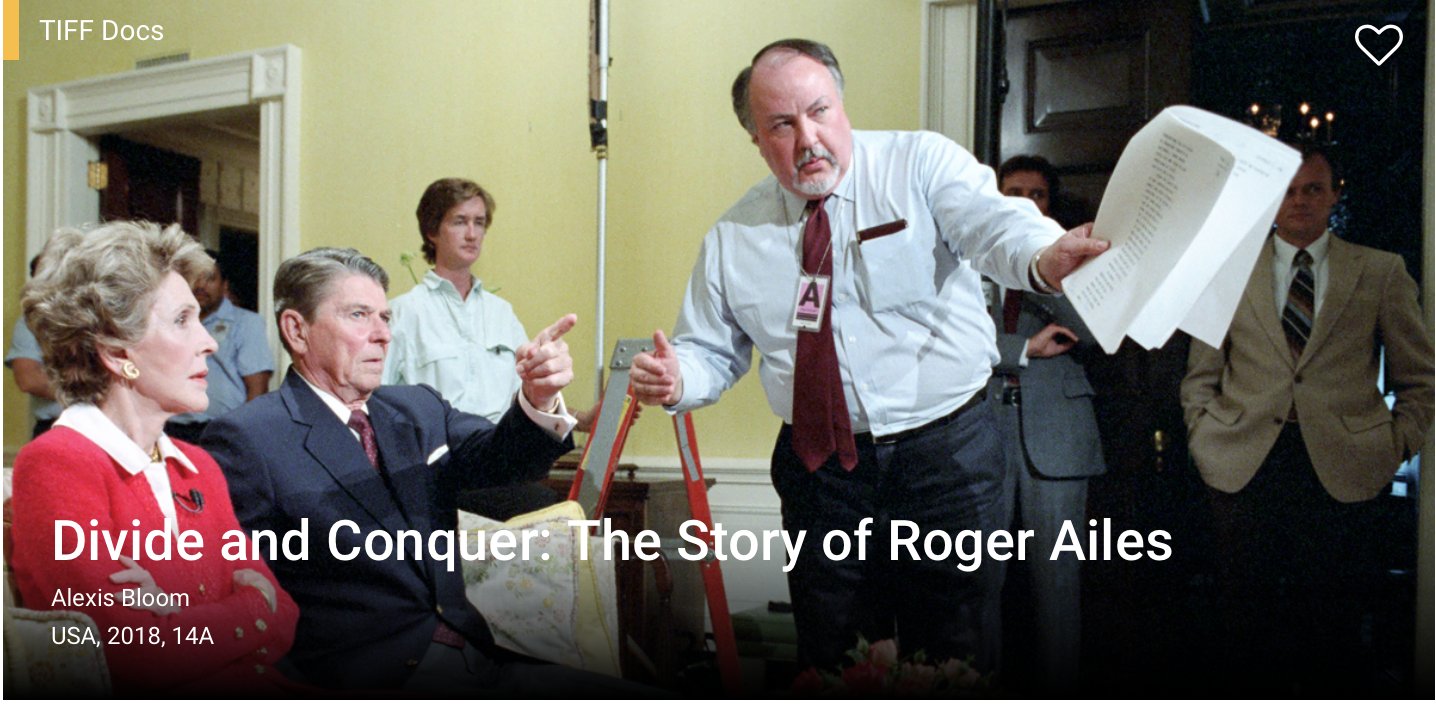
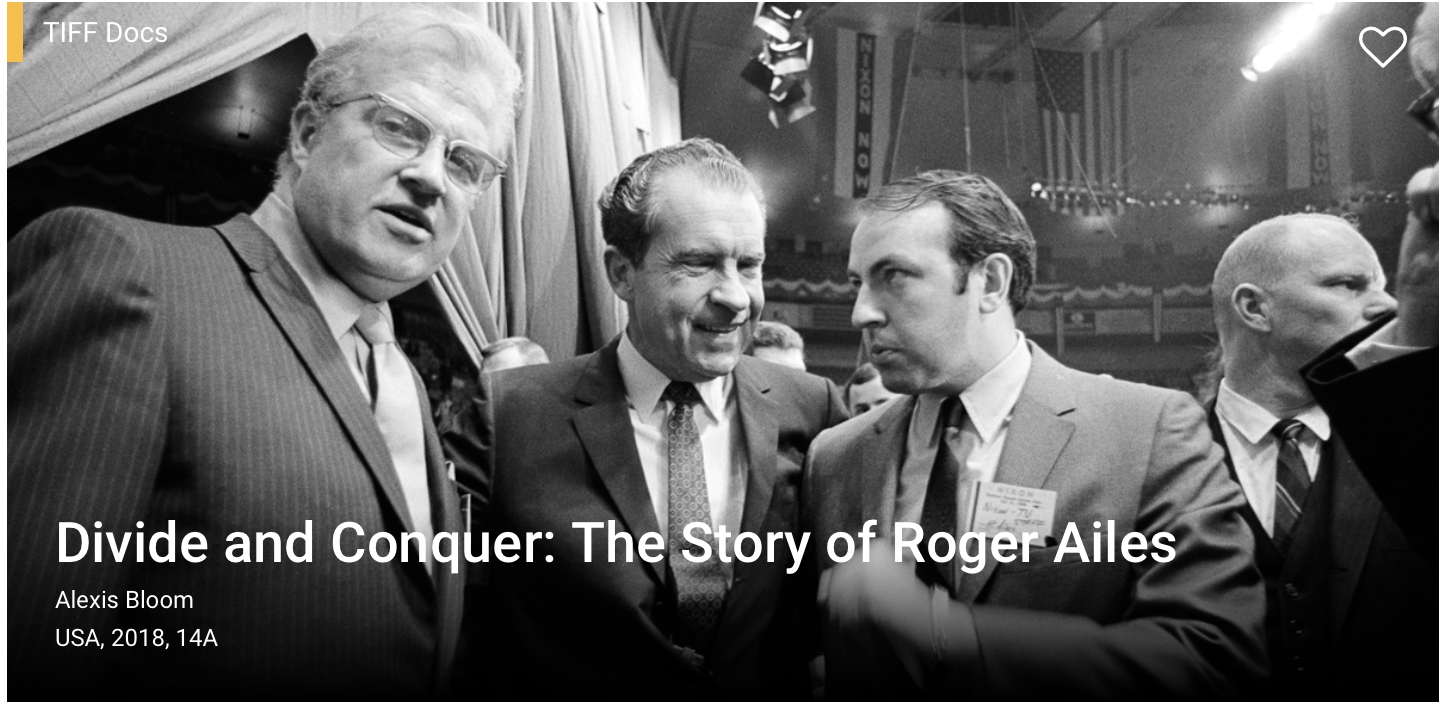
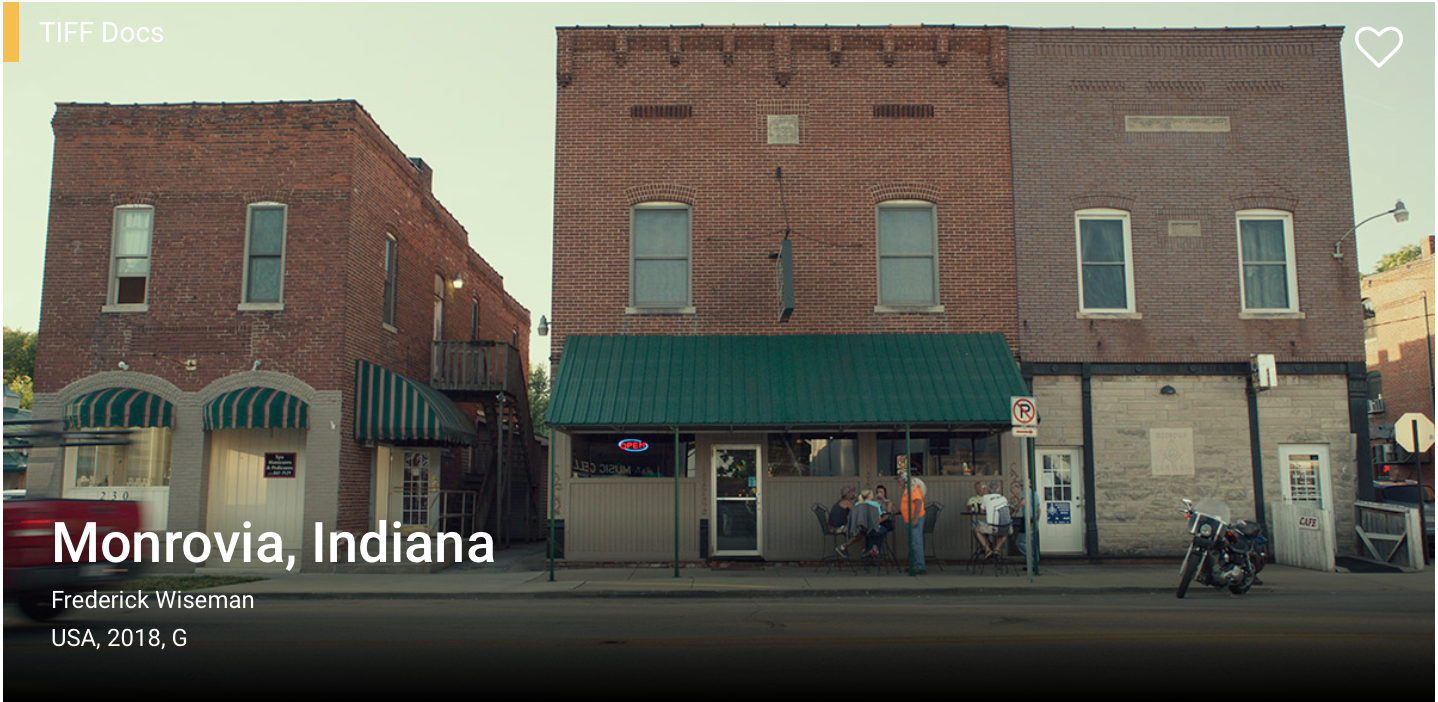
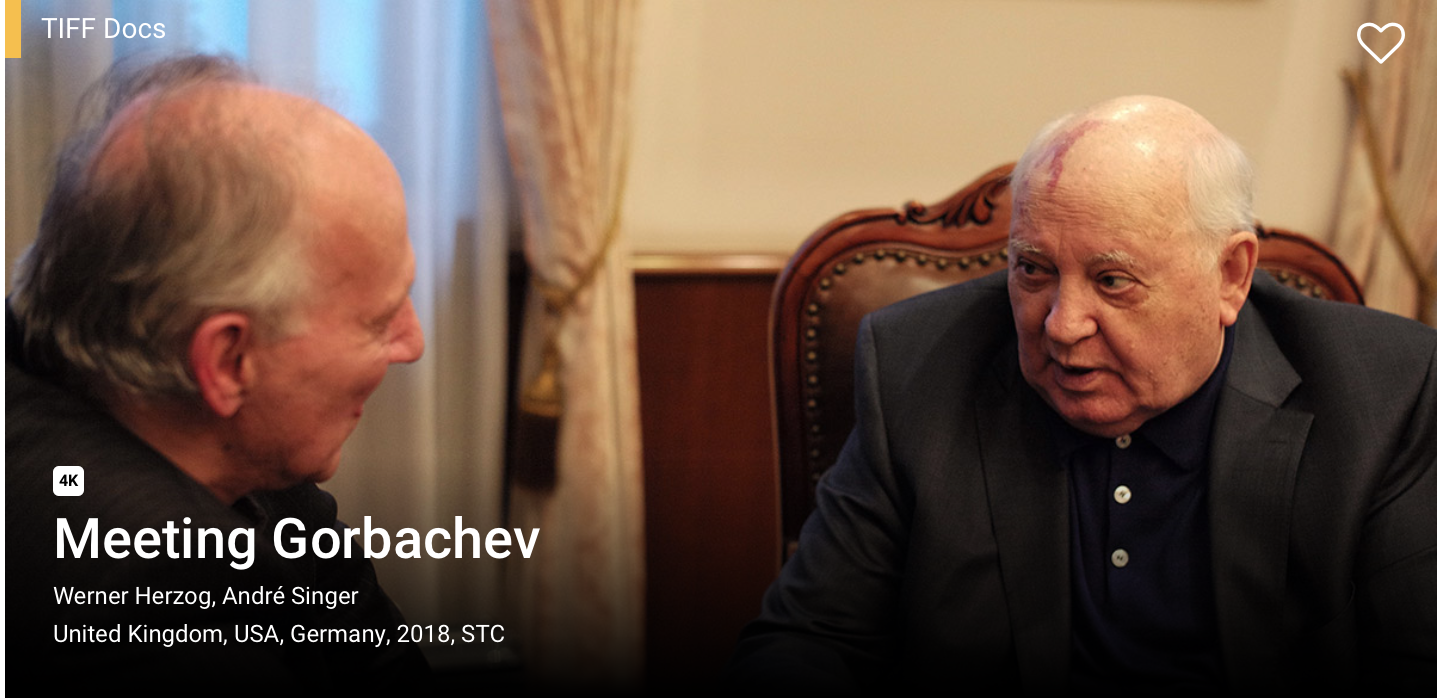
 RSS Feed
RSS Feed